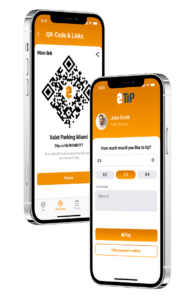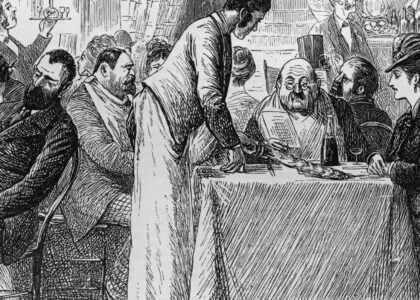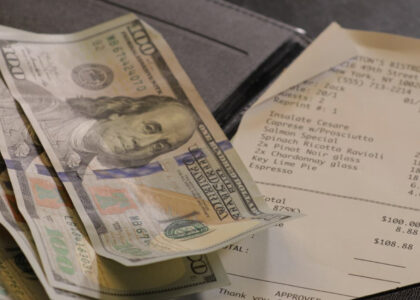Why do people leave tips?
These days, you will find that there are tip jars everywhere, from your neighborhood coffee shop to the deli, blurring the definition of a gratuity and making it harder to choose whether to pull out your money.
If you’ve ever worked in the hospitality sector (waiting tables, tending bars, carrying baggage), it’s likely that you relied on tips from your clients to survive.
Many people who haven’t worked in this profession are unaware that many of the people who help us have better eating and travel experiences, such as waiters, guides, drivers, and concierges, aren’t even paid the minimum wage by their employers, let alone cost-of-living increases.
They rely on the tips that their clients leave them in exchange for pleasant assistance and excellent service.
Despite being a multibillion-dollar industry, tipping is not a universal phenomenon. In fact, tipping is forbidden in some nations. In this article, we will look into what motivates us to tip.
A tip, also known as a gratuity, is a small sum of money that is freely given as a sign of thanks for a service. We give our servers tips to show our appreciation for their good service. As a statement that the service was subpar, we can also leave a very small tip or none at all.
However, how did tipping begin in the first place?
Why don’t businesses simply pay their staff a standard salary and raise their prices to cover the difference?
They do in certain areas, but many of us, particularly in the United States, are so used to tipping for good service and unsure of protocol that we end up tipping our servers regardless.
The origin of the term “tip,” is the subject of numerous theories. One theory states that the word was used as a verb in the 17th century to indicate “hand it over” or “to give.” This is similar with tales of medieval rulers tipping peasants in the street with gold coins to protect their own safety.
The term “tip,” which has its roots in English coffeehouses from the 16th century, is also supposed to be an acronym for “to insure promptness.” But there are many who dispute this notion, claiming that acronym usage didn’t take off until the 1920s. The more accurate phrase would also be “to ensure promptness.”
Additionally, the tip-acronym-hypothesis is refuted by Random House’s Word of the Day column, which notes that “Tip was originally thieves’ slang—then called “cant”—and meant “to offer; pass along.
There are, in my opinion, five main reasons why people tip. Some individuals tip to brag. Some customers leave a tip to encourage the waitress, increase their salary, and make them happy. Some give tips in order to receive future services. You don’t want the server to think poorly of you; therefore, therefore other people tip to avoid judgment. Additionally, some people tip out of obligation.
The main justification for leaving a tip seems to be guilt rather than gratitude. We know that it’s normal to leave a tip, at least in the United States, and that if we don’t, the server might get mad, which could affect our future experiences at the restaurant, airport, or salon.
Furthermore, it may or may not be true that tipping is intended to reward good service for our subsequent visit. What happens if we are at a restaurant that we don’t intend to visit again?
Therefore, what drives us to tip?
Some claim that doing so helps us feel better about receiving service since we are aware of how hard the waiter works and how little compensated he or she is.
People are aware that restaurant operators underpay their wait workers. Customers tip their servers as a sign of gratitude for the good service they receive. Paying for the waiter is now a collaborative venture. A base salary is paid by the company, and tips are given by the customer to the waiter. There is a tip that corresponds to how well the server serves.
In the same vein, a server may remember you in a small neighborhood. Therefore, leaving large tips may have an impact on how you are treated when you return. However, most servers are overworked and unable to spend much time with each client. Giving a server a tip could get their attention and help them remember you for your subsequent visits.
In conclusion, people tip for different reasons, and not necessarily because of the quality of service or treatment they received. You can decide to tip anyone you have worked with or that has worked for you for whatever reason, and it is totally fine to do so.
Before you sign off, there is something interesting that you may need to check out.
If you have ever wished to leave a cashless tip in less than 30 seconds then you may need to see this now.
2tip.us is a great app that you can use to pay for tips when next you go out for shopping.
Try it now and experience the new way to leave tips!

Looking for an app to help you make cashless tips in your next outing?
is the real deal out there that you can use to make tips in less than 30 seconds. It is fast and secured and comes in handy when you don’t have extra cash to leave a tip after shopping.
All you need to do is to share/show your QR code or your unique short code and the transaction will go smoothly.









